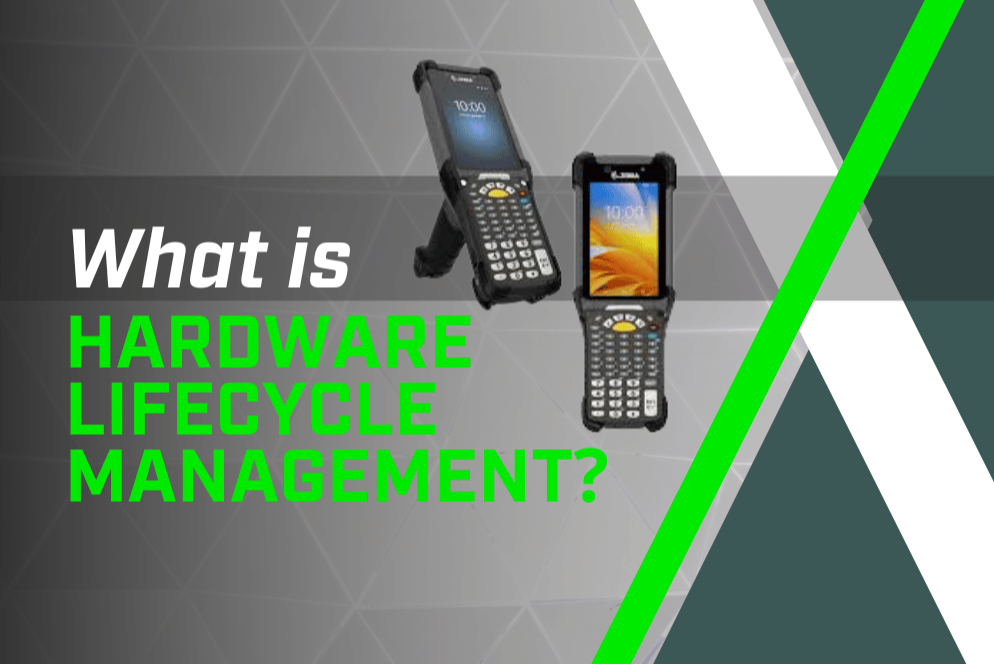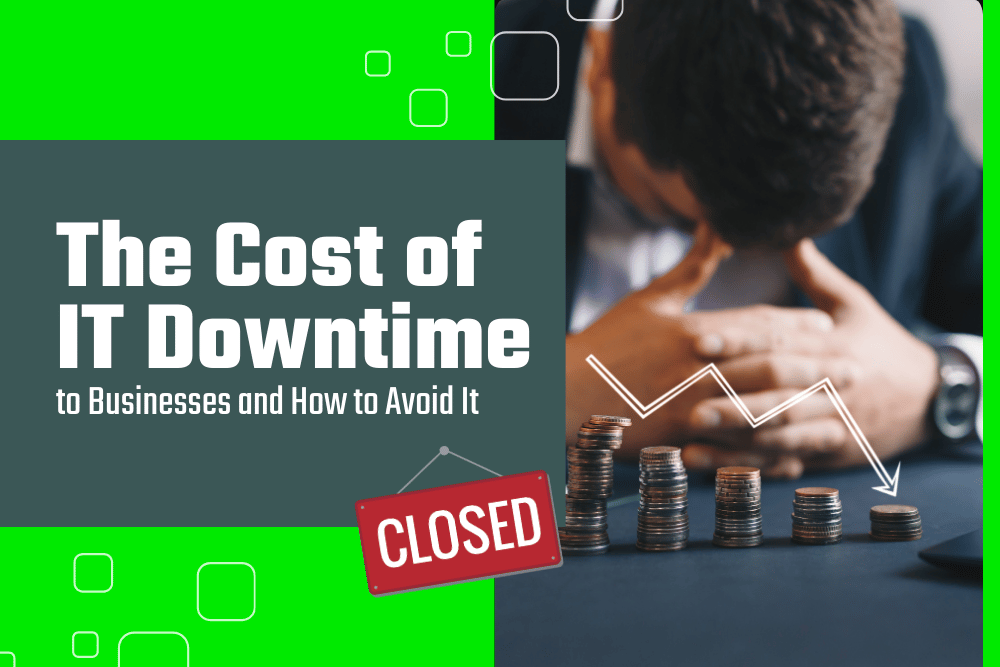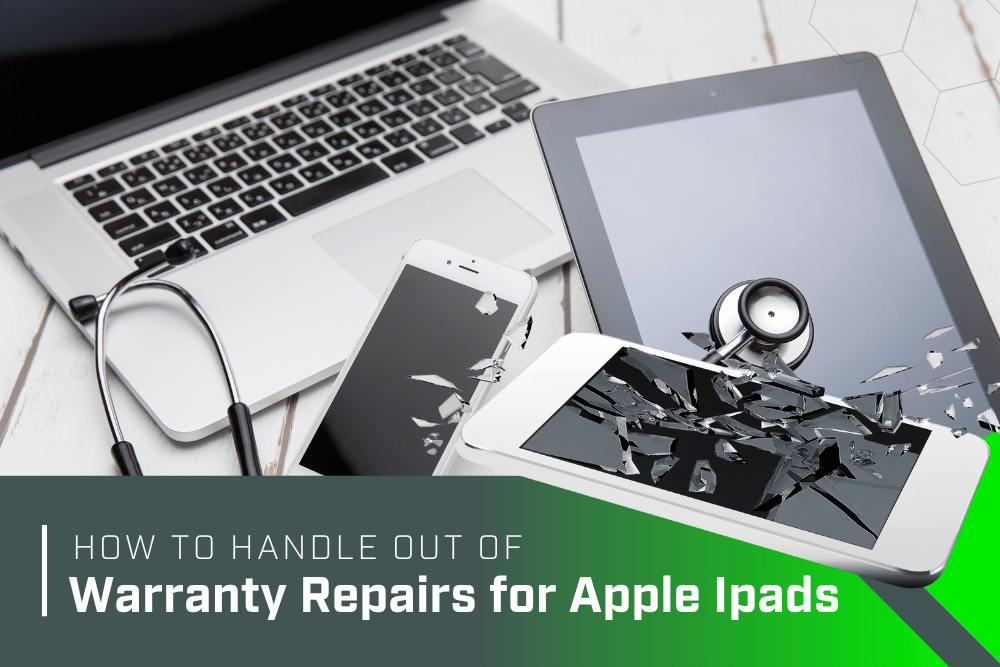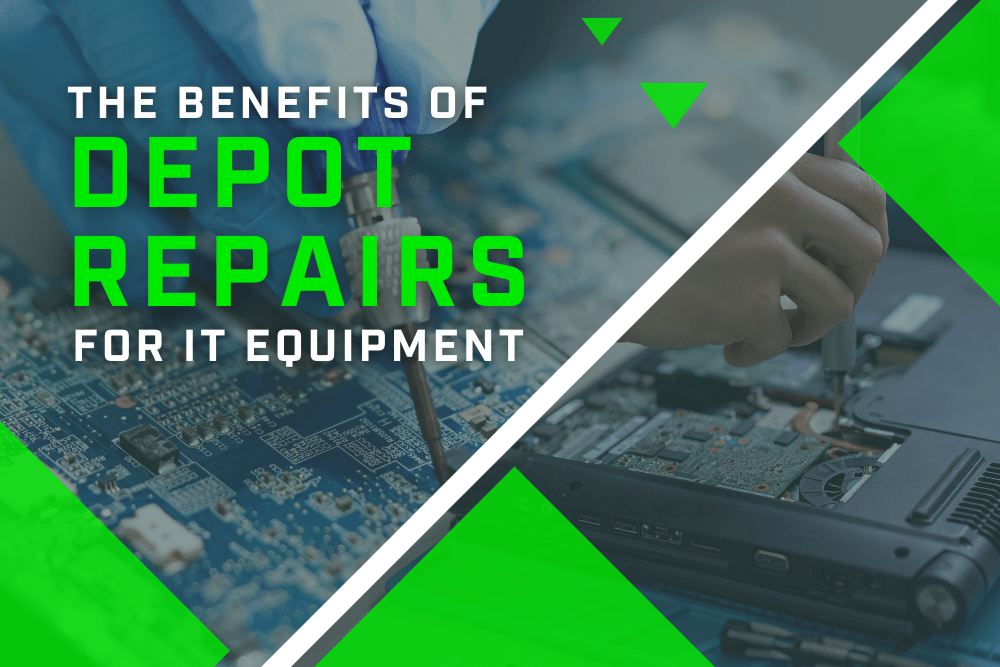What is Hardware Lifecycle Management?
Published on March 27, 2024
Written by: Mercom

Hardware Lifecycle Management (HLM) refers to the planning, procurement, deployment, maintenance, upgrading, and disposal of IT hardware within an organization. This approach aims to optimize the efficiency, reliability, and longevity of hardware assets throughout their entire life cycle. HLM is crucial for businesses to make informed decisions, maximize the return on investment (ROI) for hardware, and ensure that their IT infrastructure supports the evolving needs of the organization.
Benefits of Effective Hardware Lifecycle Management:
Cost Saving
Proactive management throughout the hardware lifecycle is important for organizations seeking significant cost savings. Businesses can effectively reduce unexpected costs associated with downtime and emergency repairs. Regular inspections, preventative maintenance, and continuous monitoring enable the early identification of potential hardware issues, mitigating financial repercussions. This not only minimizes the urgency and associated costs of immediate interventions but also ensures everything is operating, enhancing overall efficiency and productivity.
Enhanced Performance
Regular maintenance and upgrades are crucial in optimizing hardware performance and supporting efficient business operations. Through routine activities like inspections and software updates, potential issues are identified early. Timely upgrades ensure peak efficiency, preventing performance bottlenecks and contributing to a seamless and high-performing IT infrastructure. This commitment to ongoing maintenance and upgrades is key to sustaining hardware excellence and fostering overall business efficiency.
Improved Security
Incorporating necessary security updates and measures as part of a well-managed hardware lifecycle minimizes vulnerabilities and protects sensitive data. This proactive approach ensures a robust security posture, mitigating potential risks and safeguarding critical information.
Sustainability
Proper disposal practices contribute to environmental responsibility, aligning your company with eco-friendly initiatives. By adopting responsible recycling and repurposing methods at the end of a hardware's life cycle, your organization actively participates in reducing electronic waste and promoting sustainable practices. This commitment to environmental stewardship enhances corporate social responsibility and aligns with the growing importance of eco-conscious business operations.
Phases of Hardware Lifecycle Management:
Planning Stage
Before acquiring any IT hardware, a comprehensive plan must be in place. This involves understanding current and future business needs, assessing technology trends, and creating a roadmap for hardware acquisition and management.
Procurement
This phase involves selecting the right hardware based on the established plan. It includes negotiating with vendors, considering budget constraints, and ensuring compatibility with existing systems.

Deployment
Successful deployment involves strategic installation and configuration of hardware components. This phase aims to minimize disruptions to business operations while ensuring optimal performance.
Hardware Maintenance
Regular maintenance is crucial for preventing unexpected breakdowns. This phase includes routine inspections, software updates, and addressing any issues to keep the hardware functioning efficiently.
Upgrading Hardware
Technology evolves rapidly, and upgrading hardware is essential for staying competitive. This phase involves identifying outdated components and replacing or upgrading them to meet current performance standards.
Disposal
Proper disposal at the end of a hardware's life cycle is vital for environmental sustainability. This includes recycling or repurposing components and securely erasing data to prevent security risks.
Mercom is Here to Help!
Elevate your IT experience with Mercom – your trusted partner for comprehensive hardware solutions. From strategic planning to seamless deployment and refurbished hardware, we ensure the longevity and optimal performance of your IT assets. Contact us today for innovative and reliable IT repair and lifecycle management. Let your success be powered by Mercom.




